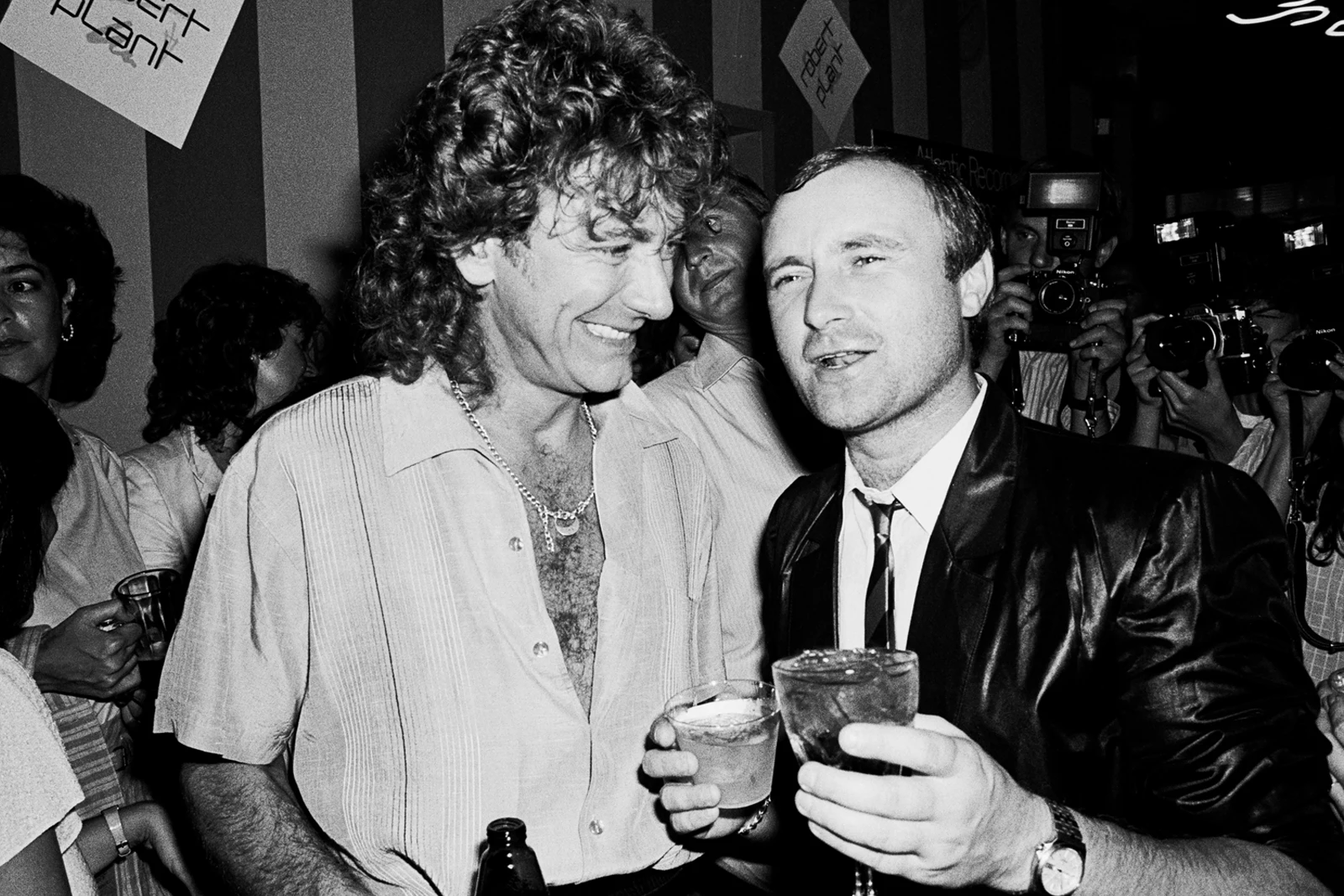
How Phil Collins Shaped Robert Plant’s Solo Career
by Martin KieltyRobert Plant says Phil Collins was key to solidifying his career after Led Zeppelin, praising the Genesis drummer for helping “absolutely and admirably” as Plant learned how to work without his former colleagues.
Plant described how Collins provided support as he tried to turn a loose idea into something more meaningful in the latest episode of his Digging Deep podcast, available below. Collins even toured as a member of the band for a month, even though his own solo career was becoming massively successful.
“At the end of 1980, I had no place to go. Led Zeppelin was over. John [Bonham] was gone,” Plant said. “So, I formed the Honeydrippers. We used to perform around the clubs of England for no money, and I played with this great band; they were really good players. The driver of our van, his name was Big Dave, used to go to the front door of the club and say, ‘Who’s playing here tonight?’ And if anybody mentioned me, we’d just drive on. It would have to be ‘the Honeydrippers’ and then we could play our stuff.”
He became disillusioned with the idea after a while. “There’s only so many times you can play Gene Vincent songs to 13 people in the Limit Club in Derby,” Plant added. “I thought, ‘I really want to know if we can make a big sound that sounds big, without it being really, really, heavy and tough.’ So, I pulled a band together.”
Listen to Robert Plant's Latest ‘Digging Deep’ Podcast
In the beginning, Plant was intimidated by what was expected of him in the studio. “It was the first time ever I’d been away from the creche of Zeppelin; I really didn’t realize just how much patience and concentration you really need in a studio to get people to perform, give you something really, really important – because Zeppelin seemed to roll out in some kind of magical way. It was a real new twist. … I had to really bluff my way through it because I really didn’t know studio etiquette, after all that success in Zeppelin. I never really went behind the desk at all, except for to push the vocal effects on the Zeppelin tracks a bit more, here and there.”
Plant continued: “I was helped absolutely and admirably by Phil Collins, who came along and said, ‘John Bonham was probably the most important influence in my life. I’ll sit on that stool for you.’” He described Collins as “an absolute restrained powerhouse” on Plant's 1982 solo debut Pictures At Eleven and its 1983 follow-up, The Principle of Moments.
Crediting Collins’s “enthusiasm, unending energy and lots of humor,” Plant added: “We had really great fun. Then he came on tour with us. He said, ‘I can do this for a month,’ and that was when 'In the Air Tonight' was just breaking. He gave everyone a coating every night on the bus for playing too slow – smooth and cool, you could call the guys, but Phil was having none of it! He’d stand up on the drum riser, sticks in his hands, ‘Get it right! Come on, let’s go!’”
Watch Robert Plant Perform ‘Big Log’
Turning to his Top 20 hit “Big Log” from The Principle of Moments, Plant recalled: “So we had that great, tremulous thing going on, and I needed to soften it up a bit. So we turned on a TR-808 drum machine – what would we do without the hand claps on the TR-808? For me, I thought, ‘This is so shite, this sound!’ But somehow, if you play the right way with it … and Robbie Blunt, with his amazing eloquence on the guitar, started playing this melody line. And ‘Big Log’ was born.”
Plant said “Big Log” is about a journey through Wales, but he decided against including place names because they didn’t sound right in lyrics. “I couldn’t say where I was going, because I was probably going to Rhyll,” Plant noted, “but I could write about going.”
Robert Plant Albums Ranked
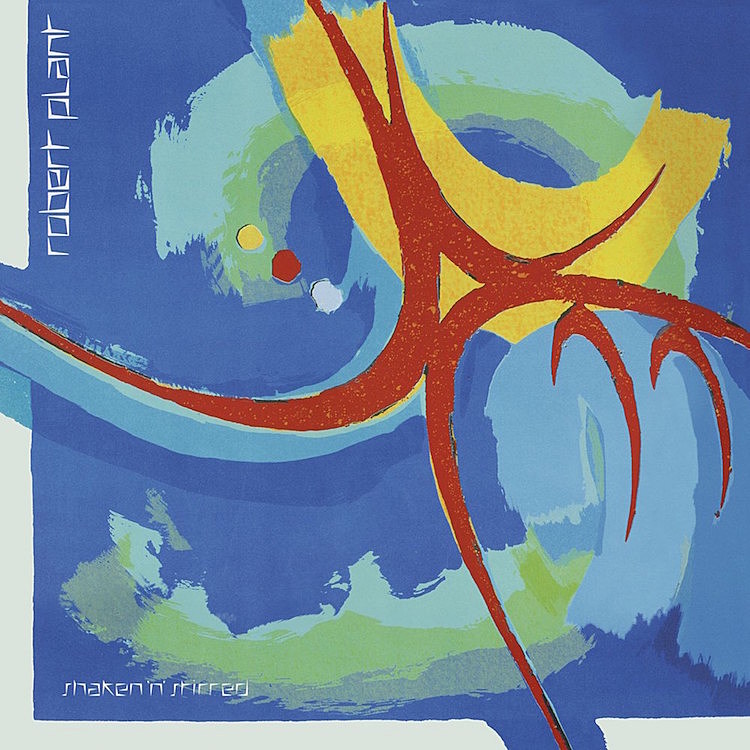
14. 'Shaken n Stirred' (1985)
In retrospect, you can see this as the start of an experimental streak that shows up on albums that appear later on this list. But besides a handful of exceptions – like "Little by Little" (with that cool rhythm provided by Little Feat's Richie Hayward) – 'Shaken n Stirred' is more dense than listenable. As with Plant's debut, there just aren't enough good songs.

13. 'Pictures at Eleven' (1982)
Plant's overly sleek solo debut gets off to a fast start with the Zeppelin-ish "Burning Down One Side," but quickly loses focus. Too little of 'Pictures at Eleven' stands out. After playing the rock-god persona for so long, Plant tries to fashion another one here. But this is more jack-of-all-trades than the mastering of any particular style.
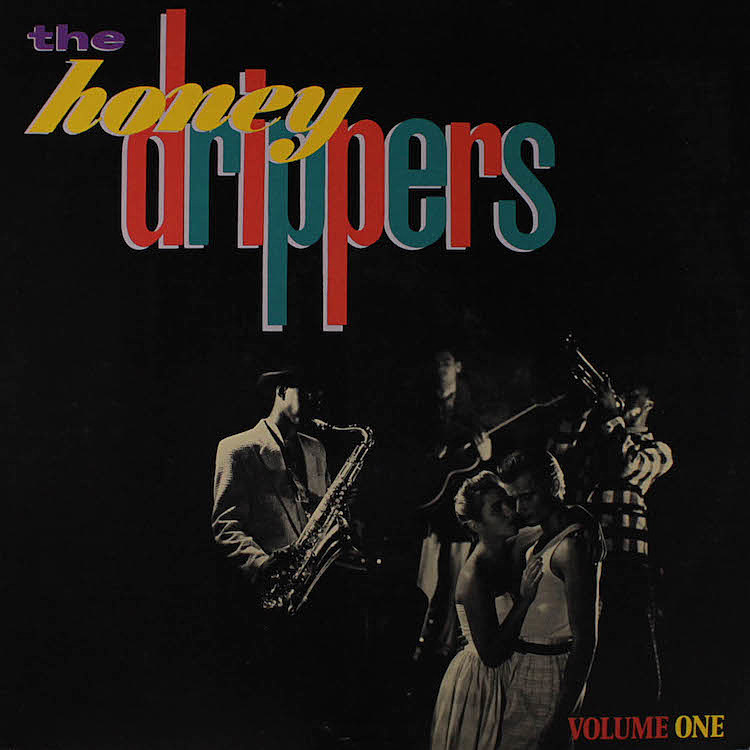
12. 'The Honeydrippers: Volume One' (1984)
Let's just say this EP – which features nostalgic updates of early rock and R&B songs – wasn't what most fans were expecting when they heard Robert Plant was reuniting with Jimmy Page. Still, 'The Honeydrippers' ended up representing a key element of Plant's still-evolving solo career rather than a sudden detour. He wasn't finished reanimating songs from long ago.
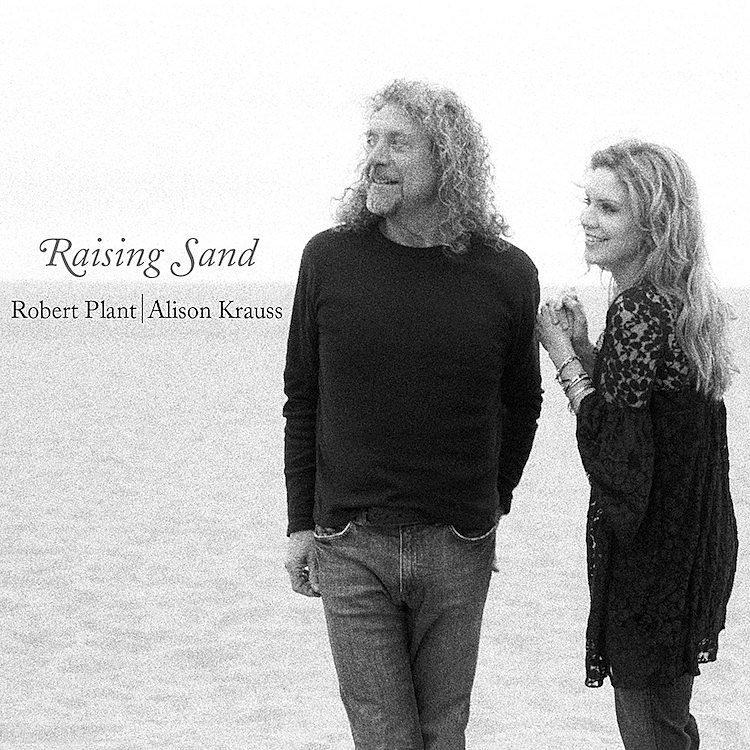
11. 'Raising Sand' (2007)
Never mind the Grammy stuff, this album will always be more important than it was satisfying. T Bone Burnett's stripped-down production made everything sound lonesome and parched, while the material itself can be cloying. But working in that quiet space clearly gave Plant a chance to reevaluate his approach at the mic, opening the door for an era of far deeper vocal complexity.

10. 'Fate of Nations' (1993)
Often low-key, even wistful at times, 'Fate of Nations' requires multiple listens. Then the album reveals much as Plant takes a determinedly serious look at loss, politics, ecology and his past. You also get the first hint of what's to come on his next all-covers project with a take on Tim Hardin’s 'If I Were a Carpenter.'
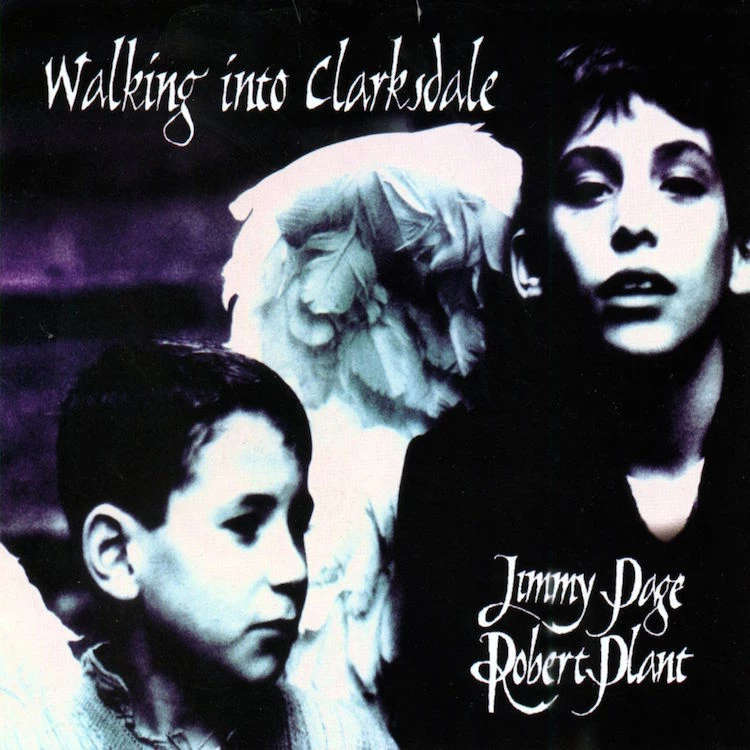
9. 'Walking into Clarksdale' (1998)
As with their earlier live collaboration, 'No Quarter,' this Jimmy Page reunion includes moments that aspire to – and very nearly reach – summits Led Zeppelin once conquered. Plant is clearly interested in moving past that point, however, and there seems to be only so much creative spark left between him and his old partner.
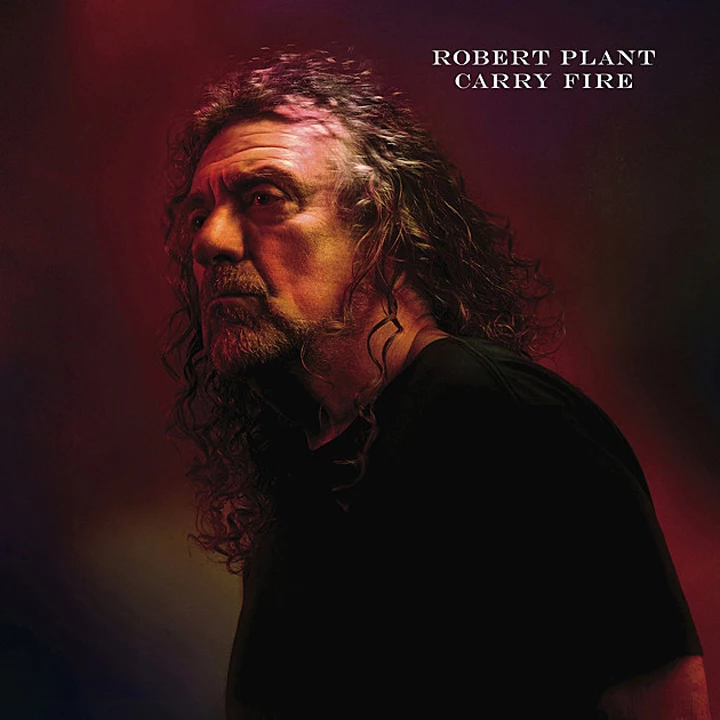
8. 'Carry Fire' (2017)
'Carry Fire' features basically the same band – the Sensational Space Shifters – from 2014's 'Lullaby and ... the Ceaseless Roar,' as the typically restless Plant continues a period of stability. They create a similar sound too, blending musical styles from England, the U.S. and the Middle East. In this way, the album doesn't feel like any great leap forward – until you fully explore its deeply personal, determinedly topical, and yet far more hopeful themes.
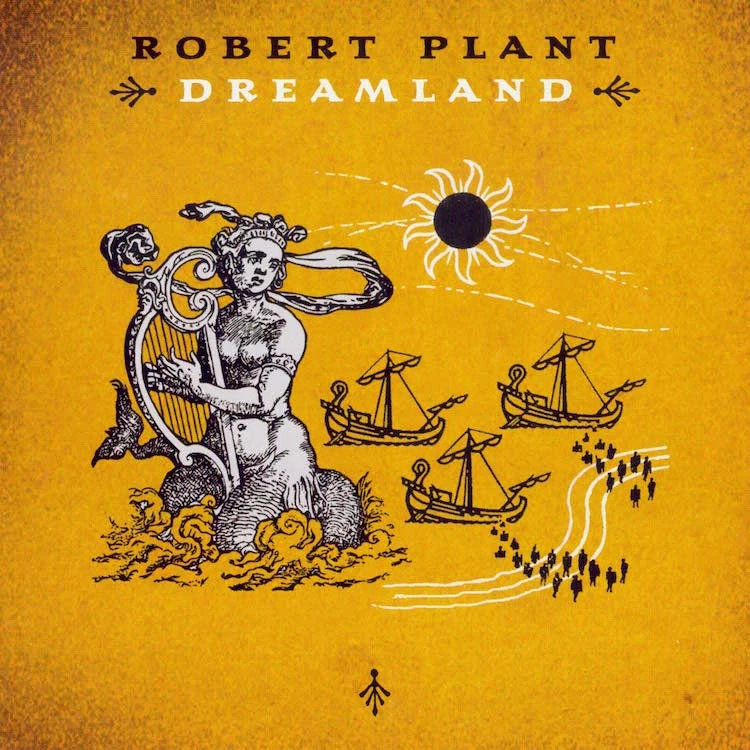
7. 'Dreamland' (2002)
This album, like many covers projects, might have been seen as nothing more than a place-keeper, a water-treading, if passionate, project like the Honeydrippers. But his new band, Strange Sensation, excitedly blend Western and world music textures – the same textures that would propel Plant to some of his very best solo work in the years to come.
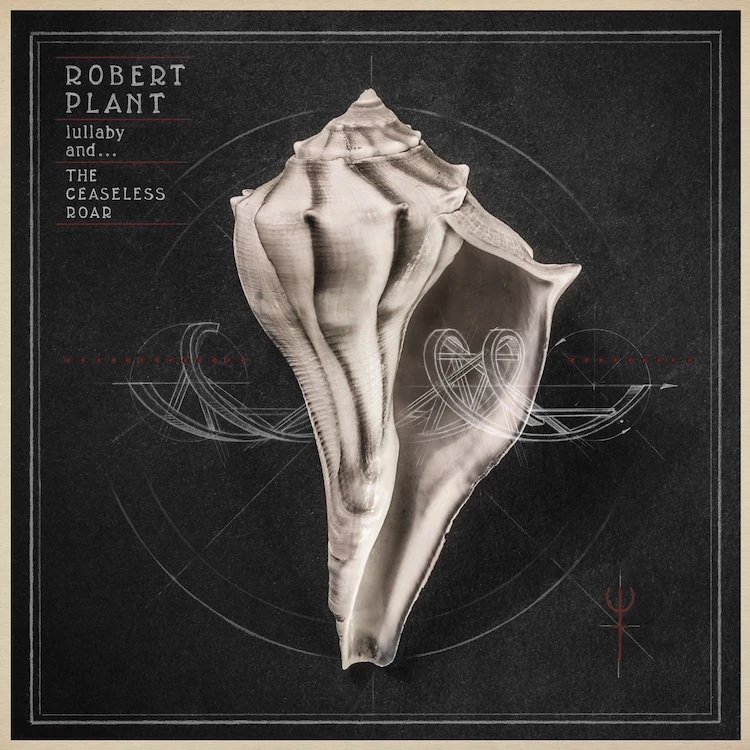
6. 'Lullaby and ... the Ceaseless Roar' (2014)
Working with an updated version of the multi-cultural band he'd been kicking around with for a decade or so, Plant continues to explore the outermost edges of his creativity. 'Lullaby' builds on a series of late-career triumphs, giving no quarter to his oldest fans’ built-in expectations, while pushing into a new place where textures from both West and East merge — a place of remarkable scope and delicious intrigue.

5. 'Now and Zen' (1988)
After years of building a varied, if occasionally unfocused, solo career, Plant finally seemed ready to embrace his past again. No previous solo album had so directly referenced Led Zeppelin, right down to the presence of Jimmy Page on two cuts. But the main strength of 'Now and Zen' is that it never sounds retro. (There's even a Zeppelin sample!) Fans responded in turn, making this Plant's top-selling solo project.
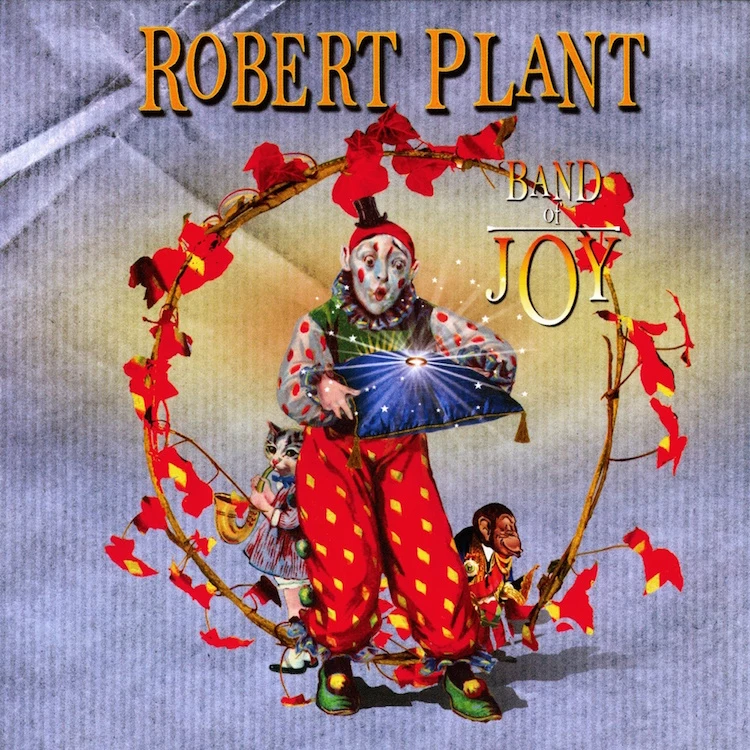
4. 'Band of Joy' (2010)
Led Zeppelin? Too soon. On this delightful, roots-rocking throwback, Plant goes further back, back to a world that existed before the one he created with Jimmy Page. Plant and new producer Buddy Miller are willing to scuff things up in ways the too-reserved 'Raising Sand' never would, and the album is better for it. Patty Griffin's heartfelt vocal contributions are better than Alison Krauss' too.

3. 'The Principle of Moments' (1983)
Plant really didn't change his approach to things on his second solo album. As with 'Pictures at Eleven,' he's all over the place creatively, and he's still dabbling in that period's pristine pop sounds. But with standout moments like "Big Log," "Other Arms" and "In the Mood," Plant had finally found material that matched his outsized desire for something new.
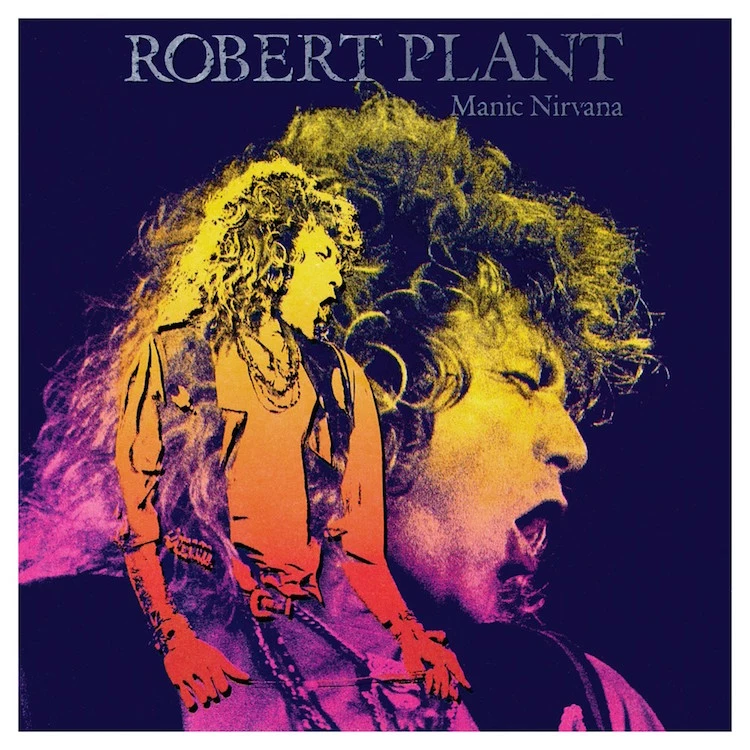
2. 'Manic Nirvana' (1990)
After hiding behind so many contemporary sounds, from keyboards to sampling, in the '80s, Plant finally was beginning to sound comfortable in his own skin. This album has every bit of the sex, humor and boundary-defying punch of Plant's best work, but with more determined rock focus than he had even on the popular, but deeply modern, 'Now and Zen.'

1. 'Mighty ReArranger' (2005)
Working again with the Strange Sensation, 'Mighty ReArranger' sounded like something John Lee Hooker would have played had the bluesman discovered Malian guitar style before hightailing it to Chicago. Plant had been mixing things up for years with Zeppelin, but there’s a forward-looking attitude — buoyed in part by Plant’s darkly focused and maturely cynical lyrics — that gives 'Mighty ReArranger' new sizzle.
Why Led Zeppelin Won’t Reunite Again